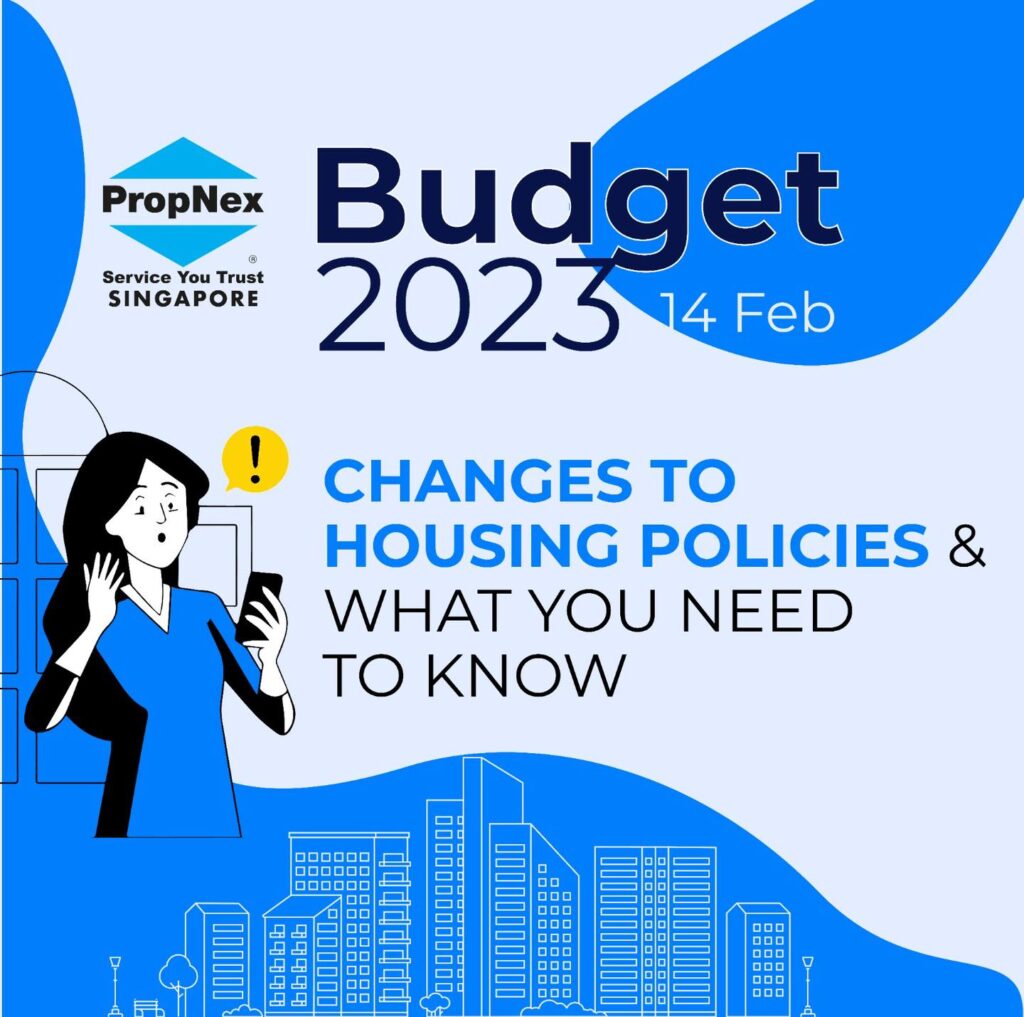The post GCB vs Ultra High Luxury Apartment : Property Tax hiked will it affect the luxury market appeared first on Wing Tai Holdings Singapore.
]]>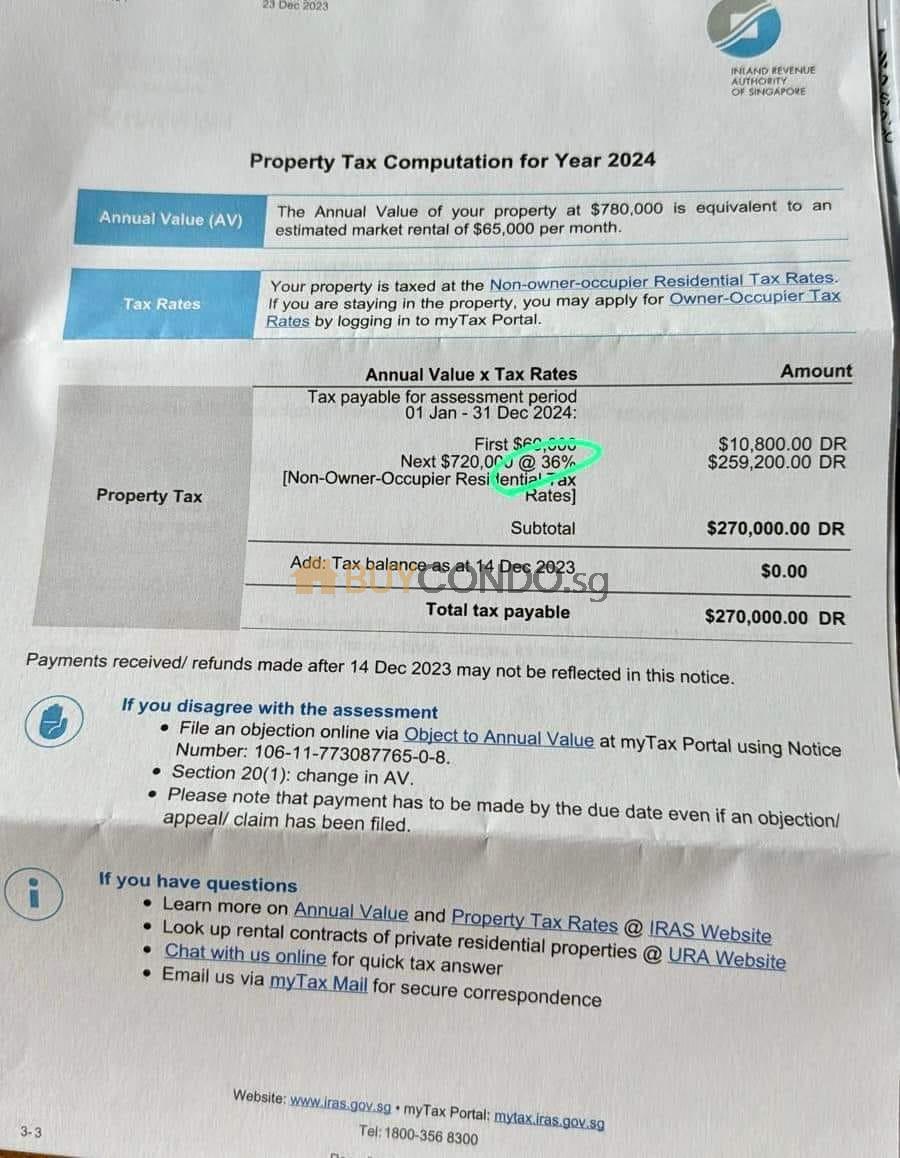
There are heavy discussions online that one of the luxury home owners shared that she is required to pay a whopping S$270,000 in Taxes so much more than the years before.
This is still not including the Income Tax payable for the Rental income (Highest tier of 24% for Ultra High Income earners)
Lets dive into the Case Study.
(Non-Owner Occupier Tax. First $60,000 is 18%; in excess of the $60,000, the next $720,000 is taxable at the rate of 36%)
Assume the GCB is renting out at $65,000 per month.
Annually the Rental Income shall be $780,000 per annum.
( Net Income before property maintenance and bank loan with interest if any)
$780,000(Annual Rent) – $270,000 (Property Tax) – $187,200 ( Income Tax) = Net Rental Income $322,800.
( Holding Cost of such Ultra Luxury Landed Property)
$270,000 + $187,200 = Holding Cost $457,200.
Some Points Gathered:
Holding Cost for a rented out property is higher than the total rental income.
What are this kind of Properties that falls into this Bracket?
Good Class Bungalows(GCB) with an average of 15,000sqft land with the built up 8,000 ~ 12,000sqft
Such GCB can be in the market valued around $30,000,000 to $60,000,000.
Ultra Luxury Apartments in CCR.
Le Nouvel Ardmore ~ $80,000 per month, 4 bedroom 4058sqft.
Four Seasons Park Penthouse $78,000 per month, 9 Bedroom 6150sft.
Nassim Park Residences Penthouse $65,000 per month, 4 Bedroom 6800sft.
If you have a Desire to Own Such Property Would You Buy a GCB or Ultra High Luxury Apartment? Lets Compare
Annualized Capital Appreciation for Ultra High Luxury Apartments
Le Nouvel Ardmore ~ Rental $80,000 per month, 4 bedroom 4058sqft.
(Owner Bought $18,500,000 ($4559psf/4058sqft) in 2021, Based on the latest Transaction of $5,800psf today’s Market Value is worth $23,536,400.
$23,536,400 – $18,500,000 = Approx $5,000,000 in 3 Years.
Annualized Capital Appreciation for Le Nouvel Ardmore: Approx $1,600,000, 8.6% per annum.
If we factor in the holding cost of say estimate of $600,000. There is still a net $1m per year before mortgage interest.
Annualized Capital Appreciation for Good Class Bungalow
80 Belmont Road. $55.5m – $34.5m = $21m Gains in 3 years.
Annualized Capital Appreciation for Le Nouvel Ardmore: Approx $7,000,000, 20% per annum.
From these comparison of Facts it will be quite clear where is better to place your money.
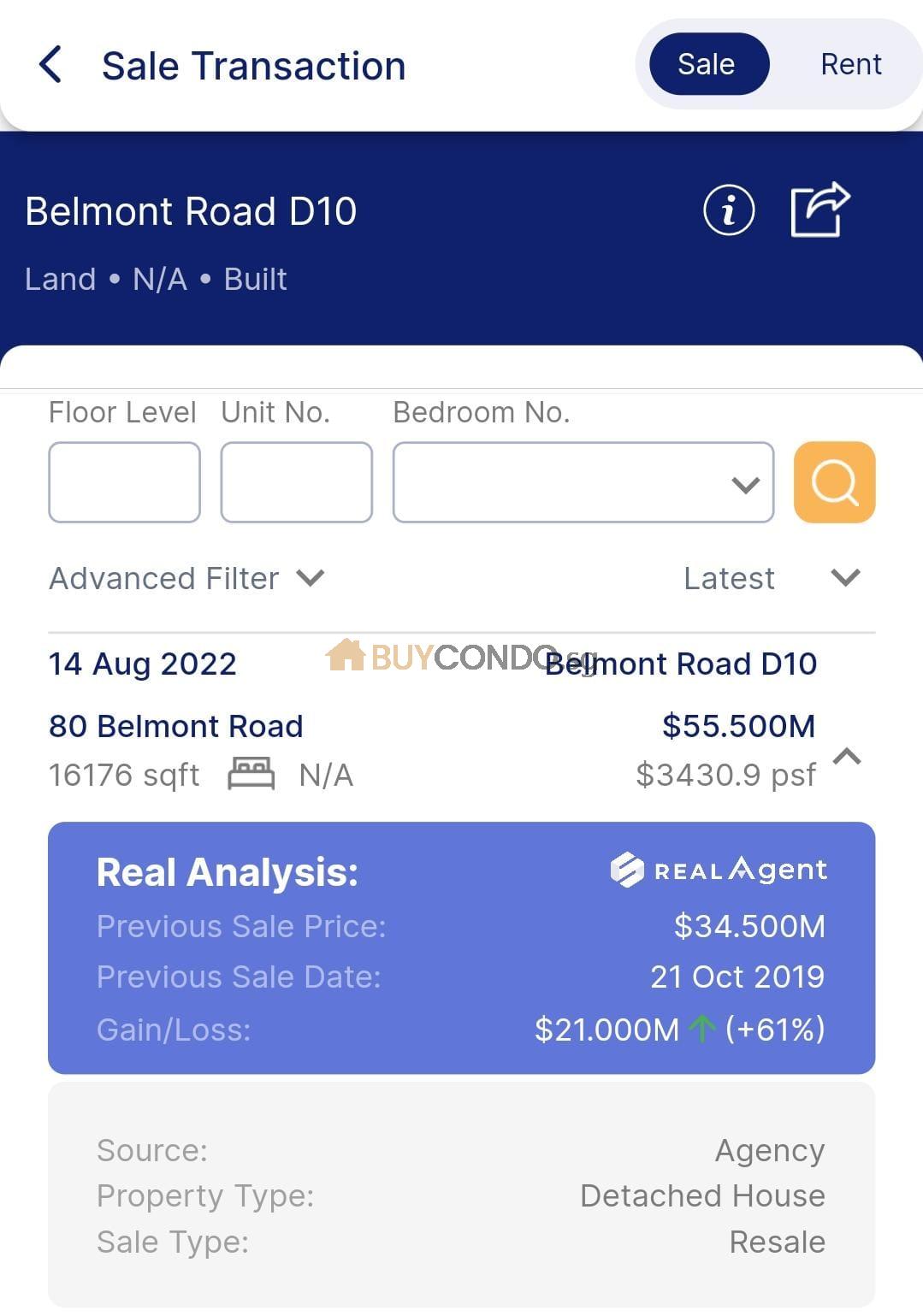
https://buycondo.sg/property-management-services/
Non-owner-occupier residential tax rates (residential properties) in 2024
Non-owner occupied residential properties are condominiums, HDB flats or other residential properties that the owner does not live in (“occupy”). Hence, owner-occupier tax rates do not apply.
The following tax rates apply to non-owner occupied properties except for those in the exclusion list.
Excluded properties
- Accommodation facilities within any sports and recreational club
- Chalet
- Child care centre, student care centre, or kindergarten
- Welfare home
- Hospital, hospice, or place for rehabilitation, convalescence, nursing care or similar purposes
- Hotel, backpackers’ hostel, boarding house or guest house
- Serviced apartment
- Staff quarters that are part of any property exempted from tax under S6(6) of the Property Tax Act
- Student’s boarding house or hostel
- Workers’ dormitory
The property must have received planning approval for the above use. No application to IRAS is required.
Non-owner-occupier residential tax rates
| Annual Value ($) | Effective 1 Jan 2024 | Property Tax Payable |
|---|---|---|
| First 30,000 Next $15,000 |
12% 20% |
$3,600 $3,000 |
| First $45,000 Next $15,000 |
– 28% |
$6,600 $4,200 |
| First $60,000 Above $60,000 |
– 36% |
$10,800 |
| Annual Value ($) | Tax rate effective from 1 Jan 2023 to 31 Dec 2023 | Property tax payable |
|---|---|---|
| First $30,000
Next $15,000 |
11%
16% |
$3,300
$2,400 |
| First $45,000
Next $15,000 |
–
21% |
$5,700
$3,150 |
| First $60,000
Above $60,000 |
–
27% |
$8,850
|
Owner-occupier tax rates (residential properties) in 2024
Owner-occupied residential properties are condominiums, HDB flats or other residential properties where the owner lives in (“occupies”) the property. Owner-occupied residential properties enjoy owner-occupier tax rates.
Owner-occupier tax rates
| Annual Value ($) | Effective 1 Jan 2024 | Property Tax Payable |
|---|---|---|
| First $8,000 Next $22,000 |
0% 4% |
$0 $880 |
| First $30,000 Next $10,000 |
– 6% |
$880 $600 |
| First $40,000 Next $15,000 |
– 10% |
$1,480 $1,500 |
| First $55,000 Next $15,000 |
– 14% |
$2,980 $2,100 |
| First $70,000 Next $15,000 |
– 20% |
$5,080 $3,000 |
| First $85,000 Next $15,000 |
– 26% |
$8,080 $3,900 |
| First $100,000 Above $100,000 |
– 32% |
$11,980
|
| Annual Value ($) | Tax rate effective from 1 Jan 2023 to 31 Dec 2023 | Property tax payable |
|---|---|---|
| First $8,000
Next $22,000 |
0%
4% |
$0
$880 |
| First $30,000
Next $10,000 |
–
5% |
$880
$500 |
| First $40,000
Next $15,000 |
–
7% |
$1,380
$1,050 |
| First $55,000
Next $15,000 |
–
10% |
$2,430
$1,500 |
| First $70,000
Next $15,000 |
–
14% |
$3,930
$2,100 |
| First $85,000
Next $15,000 |
–
18% |
$6,030
$2,700 |
| First $100,000
Above $100,000 |
–
23% |
$8,730
|
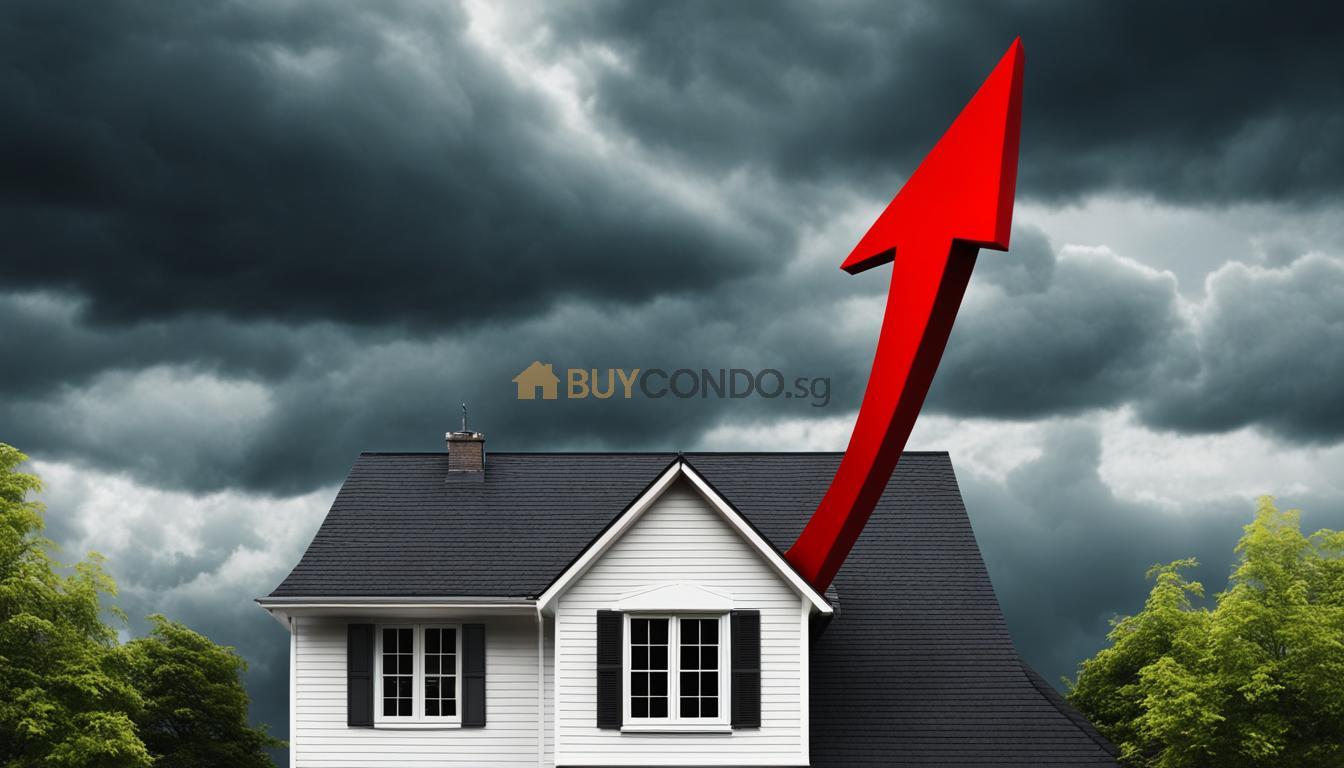
IRAS Income Tax rates (residential properties) in 2024
| Chargeable Income | Income Tax Rate (%) | Gross Tax Payable ($) |
|---|---|---|
| First $20,000 Next $10,000 |
0 2 |
0 200 |
| First $30,000 Next $10,000 |
– 3.50 |
200 350 |
| First $40,000 Next $40,000 |
– 7 |
550 2,800 |
| First $80,000 Next $40,000 |
– 11.5 |
3,350 4,600 |
| First $120,000 Next $40,000 |
– 15 |
7,950 6,000 |
| First $160,000 Next $40,000 |
– 18 |
13,950 7,200 |
| First $200,000 Next $40,000 |
– 19 |
21,150 7,600 |
| First $240,000 Next $40,000 |
– 19.5 |
28,750 7,800 |
| First $280,000 Next $40,000 |
– 20 |
36,550 8,000 |
| First $320,000 Next $180,000 |
– 22 |
44,550 39,600 |
| First $500,000 Next $500,000 |
– 23 |
84,150 115,000 |
| First $1,000,000 In excess of $1,000,000 |
– 24 |
199,150 |
From YA 2017 to YA 2023
| Chargeable Income | Income Tax Rate (%) | Gross Tax Payable ($) |
|---|---|---|
| First $20,000 Next $10,000 |
0 2 |
0 200 |
| First $30,000 Next $10,000 |
– 3.50 |
200 350 |
| First $40,000 Next $40,000 |
– 7 |
550 2,800 |
| First $80,000 Next $40,000 |
– 11.5 |
3,350 4,600 |
| First $120,000 Next $40,000 |
– 15 |
7,950 6,000 |
| First $160,000 Next $40,000 |
– 18 |
13,950 7,200 |
| First $200,000 Next $40,000 |
– 19 |
21,150 7,600 |
| First $240,000 Next $40,000 |
– 19.5 |
28,750 7,800 |
| First $280,000 Next $40,000 |
– 20 |
36,550 8,000 |
| First $320,000 In excess of $320,000 |
– 22 |
44,550 |
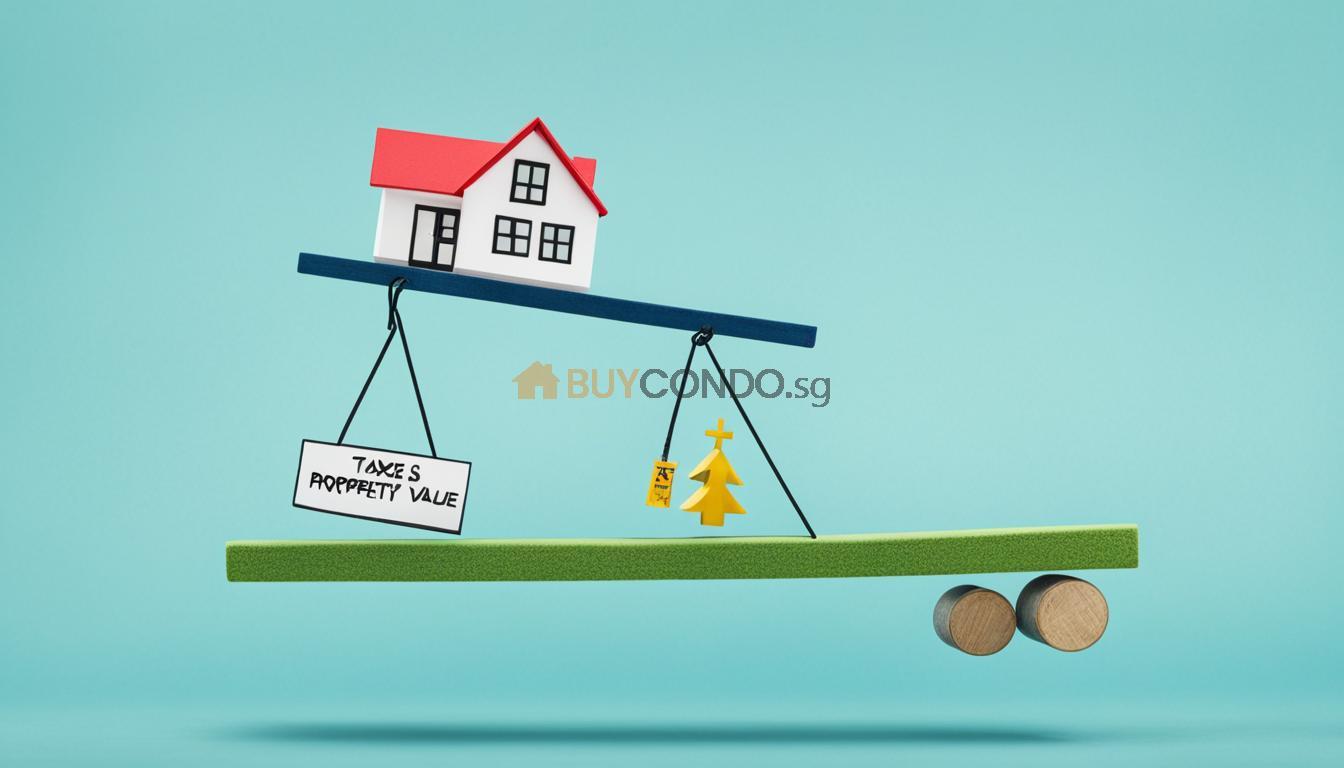
The Property Value Paradox: Rising Tax Versus Housing Market Gains
The increase in property tax raises the question of the property value paradox. While homeowners may experience higher tax obligations, they may also witness gains in the housing market. Understanding the relationship between rising property taxes and housing market gains is essential to evaluate the overall impact on homeowners’ finances.
As property taxes rise, homeowners might worry about the financial burden it presents. However, it’s important to consider the potential gains in the housing market. The property tax paradox emerges when higher taxes coincide with a robust housing market. While the tax burden increases, homeowners still benefit from appreciation in property value, creating a delicate balance.
Property values are influenced by various factors, including location, demand, and market trends. While property taxes are based on property values, the housing market can drive significant gains in property value over time. This creates a paradoxical situation where higher taxes are accompanied by increasing property values, raising questions about the overall financial impact on homeowners.
When property values increase, homeowners may consider the potential gains in equity and future resale value. These gains can offset the higher tax obligations, providing a positive aspect to the property value paradox. However, it’s crucial to assess the specific circumstances of each homeowner and evaluate the net impact of rising taxes and housing market gains.
The interplay between property taxes and market value highlights the complexity of homeowners’ financial considerations. While higher taxes can place a burden on homeowners, they should also consider the potential gains in property value, leading to increased wealth and financial stability.
Understanding the property value paradox and its implications is crucial for homeowners navigating the current landscape. By analyzing market trends, consulting with real estate professionals, and staying informed about property tax regulations, homeowners can make informed decisions about their investments and financial future.
| Housing Market Gains | Property Tax Paradox |
|---|---|
| Positive | Increase in tax obligations |
| Potential for equity gains | Potential for increased property value |
| Future resale value | Complex financial considerations |
Predicting Rental Income Tax Implications for Landlords
As a result of the property tax increase, landlords may encounter potential implications on their rental income taxes. It is crucial for landlords to navigate these changes and implement strategies to maintain profitability despite the increased tax burden.
Maintaining Profitability with Increased Property Taxes
With the rise in property taxes, landlords need to evaluate their financial position and explore ways to sustain profitability. This requires careful budgeting and analysis of rental income and expenses. Landlords should consider the impact of the increased property taxes on their rental yield and assess the feasibility of adjusting rental pricing to offset the higher tax obligations.
Cost-Passing Strategies: Rental Pricing Adjustments
One possible approach to manage the increased property taxes is to make rental pricing adjustments. Landlords may need to pass on a portion of the tax burden to tenants through reasonable rental price increases. However, it is essential to strike a balance between maintaining profitability and tenant affordability. Landlords should carefully analyze the rental market, competition, and demand before implementing any pricing adjustments.
Projected Effects on Rental Yield and Market Competition
The property tax increase can impact the rental yield, which measures the return on investment for landlords. Higher taxes may lower the overall rental yield, making it challenging for landlords to maintain expected returns. Additionally, market competition could intensify as landlords make pricing adjustments to address the increased tax burden. Consequently, landlords must monitor market dynamics closely and adapt to changing trends to remain competitive.
In summary, predicting the rental income tax implications for landlords in light of the property tax increase is crucial for their financial planning and decision-making. By maintaining profitability, implementing cost-passing strategies, and assessing the effects on rental yield and market competition, landlords can navigate these tax changes effectively and make informed choices for their rental properties. Let your Property Manager Handle for your properties today.
Is It Still Profitable to Rent Out or Sell in 2024?
With the significant increase in property taxes, homeowners must assess whether renting out or selling their property remains a profitable venture. The higher tax obligations may impact the potential returns for landlords, leading to a reconsideration of renting out properties. Similarly, homeowners may question whether selling their property is a more financially viable option in light of the property tax implications.
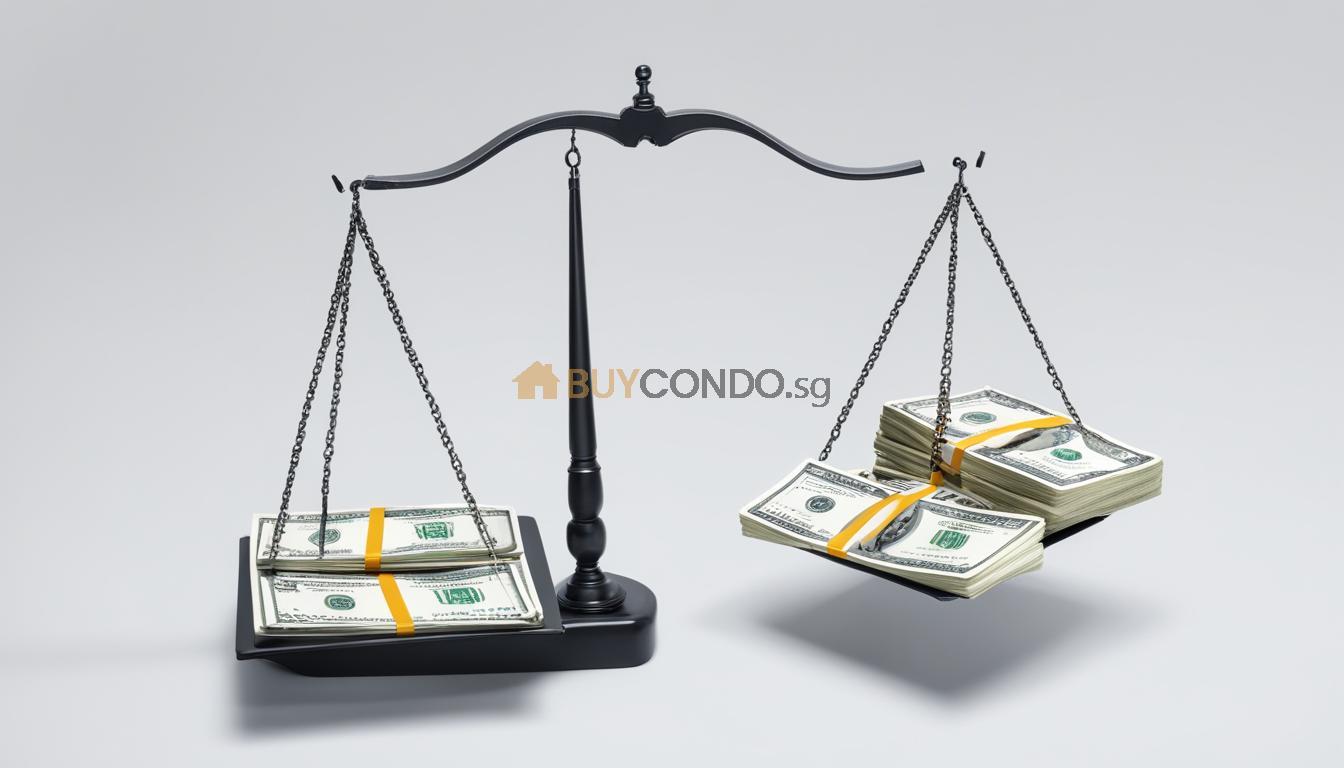
Profitability Comparison: Renting Out vs. Selling
In order to determine whether it is still profitable to rent out or sell in 2024, homeowners need to evaluate the financial implications of both options. Here is a breakdown of the key factors to consider:
| Renting Out | Selling | |
|---|---|---|
| Potential Rental Income | Homeowners can generate a steady stream of income through rental payments from tenants. | Selling the property can result in a lump sum cash infusion. |
| Property Tax Obligations | Rental income is subject to property tax, and the recent tax increase may impact profitability. | Selling the property may trigger capital gains tax, which needs to be factored into the financial calculations. |
| Maintenance and Upkeep | Landlords are responsible for ongoing maintenance and repairs, which can impact overall profitability. | Selling the property relieves homeowners of the financial and time commitments associated with maintenance. |
| Market conditions | The rental market conditions, demand, and competition can influence the rental income potential. | The current state of the housing market may impact the selling price and time it takes to sell the property. |
“The decision to rent out or sell a property requires a careful analysis of the financial implications and market dynamics. Homeowners should weigh the potential rental income against property tax obligations, maintenance costs, and market conditions in order to make an informed decision that aligns with their financial goals.”
By considering these factors, homeowners can assess whether renting out or selling their property is the most profitable choice in the current landscape of increased property taxes. It is advisable to consult with financial advisors or real estate professionals to fully understand the implications and make a well-informed decision.
Conclusion ; GCB vs Ultra High Luxury Apartment : Property Tax hiked will it affect the luxury market
In the wake of the significant increase in property tax for 2024, homeowners in Singapore are facing a challenging financial burden. The implications of this tax hike extend far beyond what was initially anticipated. It is imperative for homeowners to fully grasp the impact on their finances and explore potential strategies to manage the increased tax burden.
To navigate these changes effectively, homeowners must stay well-informed about payment deadlines and take advantage of advancements in digital tax billing. Embracing electronic property tax bills and utilizing the new interactive bill system can streamline the payment process and enhance convenience.
Furthermore, homeowners should consider the available government assistance options, such as the one-time rebate for owner-occupied properties. Assessing eligibility criteria for tax rebates will help homeowners determine if they are qualified for this crucial financial support.
In conclusion, the property tax increase for 2024 presents a significant challenge for homeowners, affecting their overall financial well-being. By understanding the implications, exploring strategies for managing the increased tax burden, and considering government assistance options, homeowners can navigate these changes with greater confidence. Staying abreast of payment deadlines, embracing digital tax billing advancements, and remaining proactive in tackling the property tax landscape are key to minimizing the burden of the tax hike and securing a stable financial future.
FAQ
What is the impact of the dramatic increase in property tax on homeowners?
The dramatic increase in property tax for 2024 has significant implications for homeowners in Singapore. It raises concerns about the affordability of homeownership and increases the financial burden on homeowners.
How can homeowners understand the new property tax rates for 2024?
Homeowners can understand the new property tax rates by reviewing the latest assessments and tax bills provided by the government. It is essential to stay informed about any changes in the tax rates.
How does the tax hike affect owner-occupied residences?
The tax hike specifically affects owner-occupied residences, leading to increased financial burdens for homeowners. They will have to bear the brunt of the higher tax obligations.
How can homeowners compare their tax obligations between 2023 and 2024?
Homeowners can compare their tax obligations between 2023 and 2024 by reviewing their previous tax bills and assessments. They can analyze the differences in the tax rates, assessments, and overall tax burden.
Are landlords likely to raise rental prices due to the property tax increase?
Due to the property tax increase, landlords may face pressure to raise rental prices. They may need to pass on the increased costs to tenants, which could impact the rental market and affordability for tenants.
How can homeowners calculate their home’s annual value (AV)?
Homeowners can calculate their home’s annual value by considering the estimated market rentals of similar properties in the rental market. This calculation is crucial for determining their property tax obligations.
What role do rental market trends play in annual value (AV) determination?
Rental market trends play a significant role in annual value (AV) determination. The estimated market rentals of similar properties impact the calculation of a home’s AV, which directly affects the property tax bill.
Will the annual value (AV) vary for different property types?
Yes, the annual value (AV) may vary for different property types. Different property types have unique features and attributes that can impact their estimated market rentals and, subsequently, the AV and property tax bill.
What is the relationship between rising property taxes and housing market gains?
While rising property taxes may increase the tax burden on homeowners, they may also witness gains in the housing market. It is essential to understand this relationship to evaluate the overall impact on homeowners’ finances.
How can landlords maintain profitability with increased property taxes?
Landlords can maintain profitability with increased property taxes by implementing cost-passing strategies, such as rental pricing adjustments. These adjustments help offset the higher tax burden and ensure profitability for landlords.
What are the potential effects on rental yield and market competition due to the property tax hike?
The property tax hike may have potential effects on rental yield and market competition. Landlords may need to adjust rental prices, which can impact rental yield, and increased costs may influence market competition.
Should homeowners reconsider renting out or selling their property in light of the property tax implications?
With the significant increase in property taxes, homeowners must assess whether renting out or selling their property remains a profitable venture. The higher tax obligations may impact potential returns for landlords, leading to a reconsideration of renting out properties.
What government assistance is available to alleviate the financial burden on homeowners?
The government provides property tax rebates as a form of assistance to alleviate the financial burden on homeowners. A one-time rebate is available for owner-occupied properties, and homeowners can apply for this rebate to reduce their tax obligations.
How can homeowners understand if they qualify for property tax rebates?
Homeowners can assess their eligibility for property tax rebates by reviewing the criteria set by the government. They need to determine if their property qualifies as an owner-occupied property and if they meet the income and ownership requirements.
What are the payment deadlines and processes for property tax in 2024?
Homeowners need to be aware of the payment deadlines and processes for property tax in 2024. It is essential to know when the tax payment is due and to familiarize themselves with the various payment options available.
What advancements in digital tax billing and payments can benefit homeowners?
Homeowners can benefit from advancements in digital tax billing and payments. They can adopt electronic property tax bills and utilize the new interactive bill system, which streamlines the process for homeowners. It is also important to stay informed about any enhancements in property tax digital services for added convenience.
The post GCB vs Ultra High Luxury Apartment : Property Tax hiked will it affect the luxury market appeared first on Wing Tai Holdings Singapore.
]]>The post How the Budget 2023 May Affect HDB and Condo Buyers w.e.f 15 Feburary 2023 appeared first on Wing Tai Holdings Singapore.
]]>Latest Buyer Stamp Duty Rates for Residential and Non-Residential Property Table
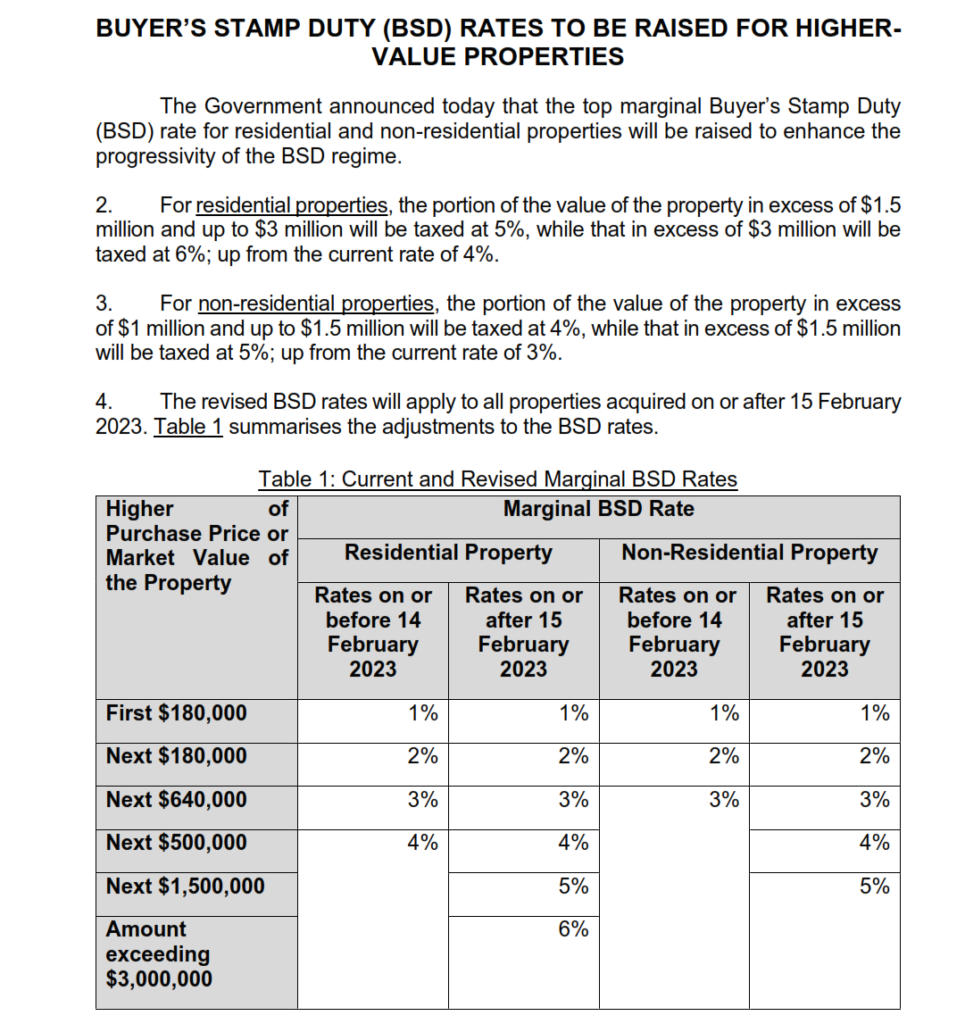
MOF Press Release on the Buyer Stamp duties and ACDB Rate Adjustments and Transitional Provisions
New Buyer Stamp Duty wef 15.2.2023
Increase in Stamp Duty Rates on Residential Property Purchases
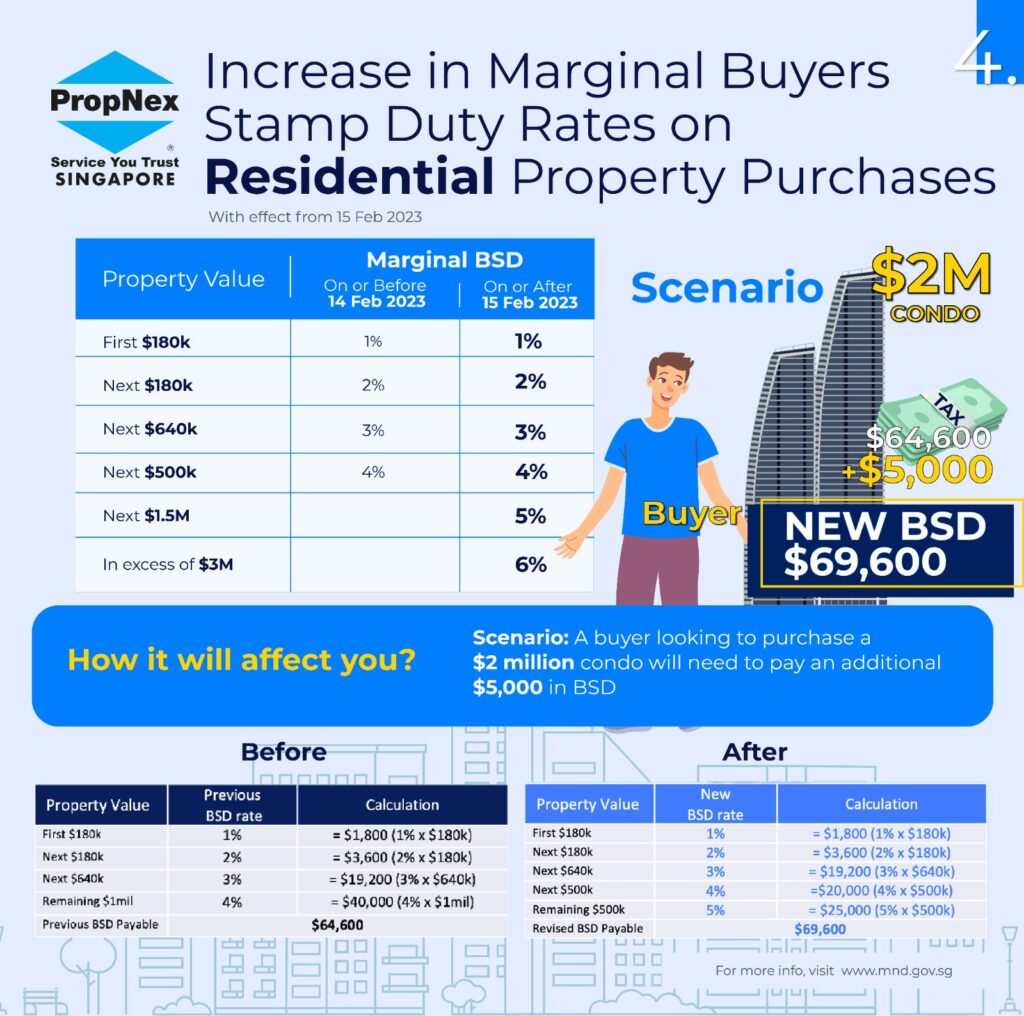
Increase in Stamp Duty Rates on Commercial Property Purchases
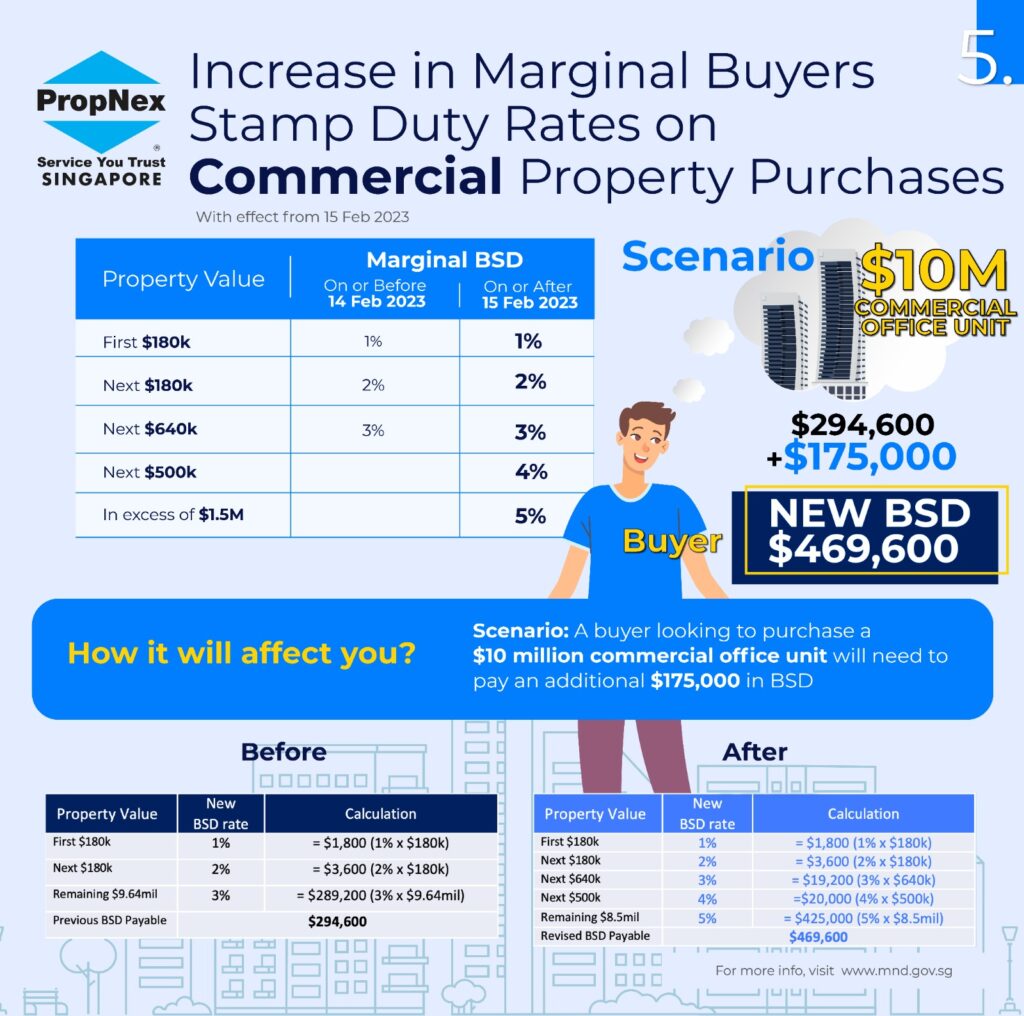
Increase in Resale Housing Grants for First-timers Singles Budget 2023
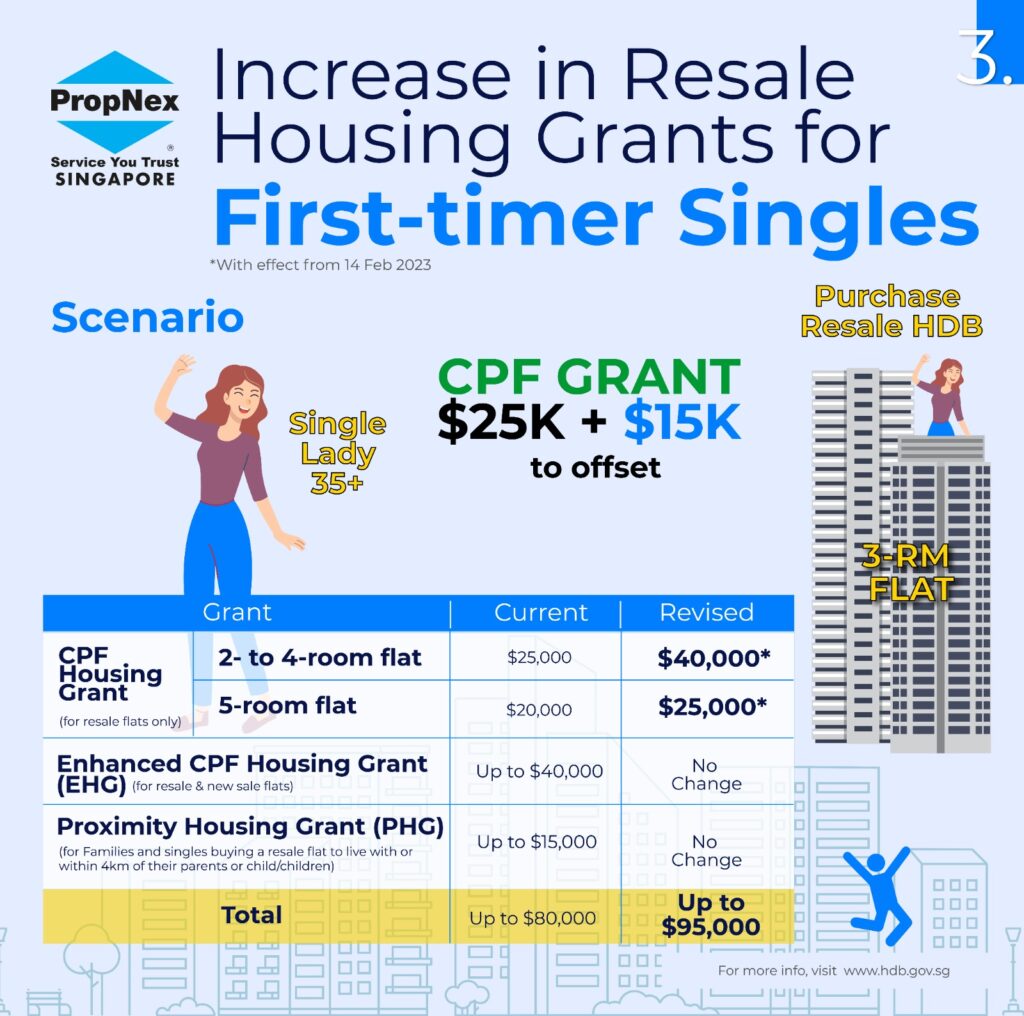
Increase in Resale Housing Grants for First-timers Families Budget 2023
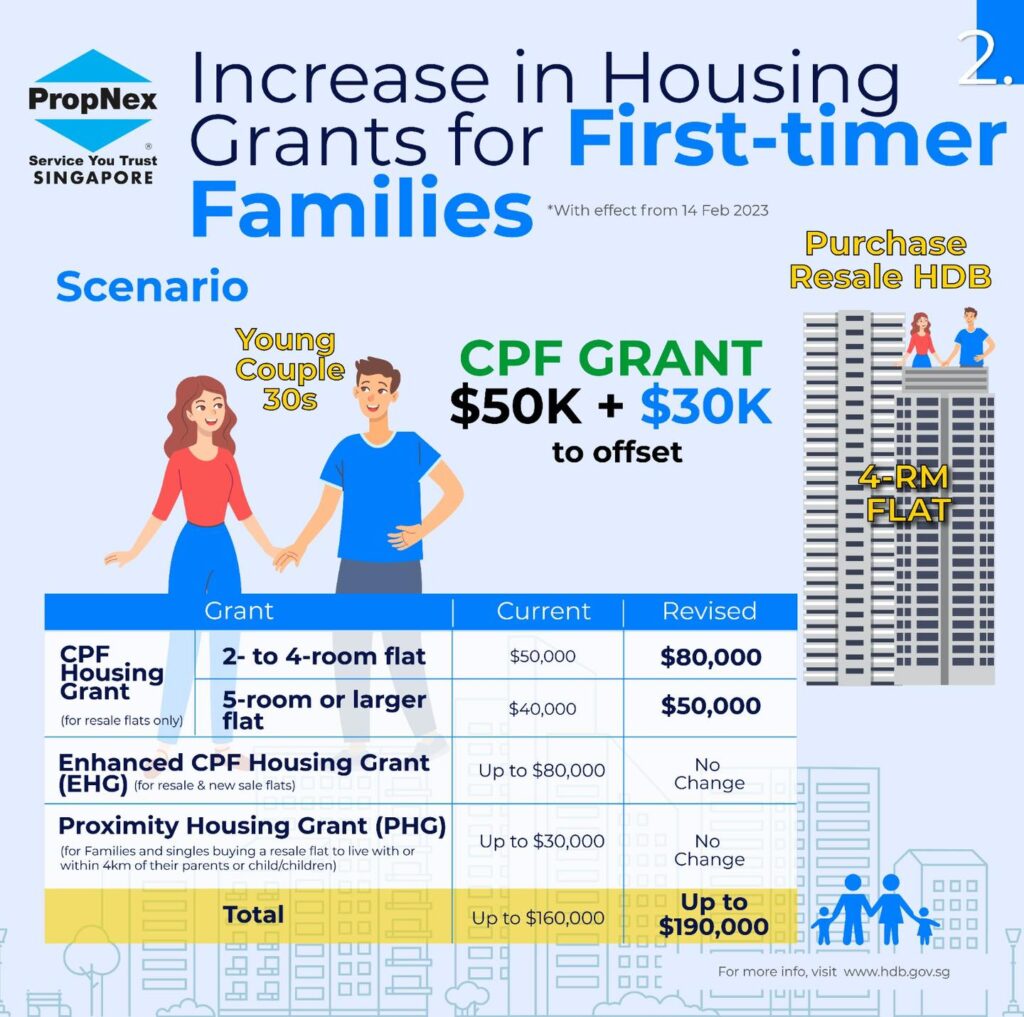
BT News 16 Feb: No Rush to Close home before deadline
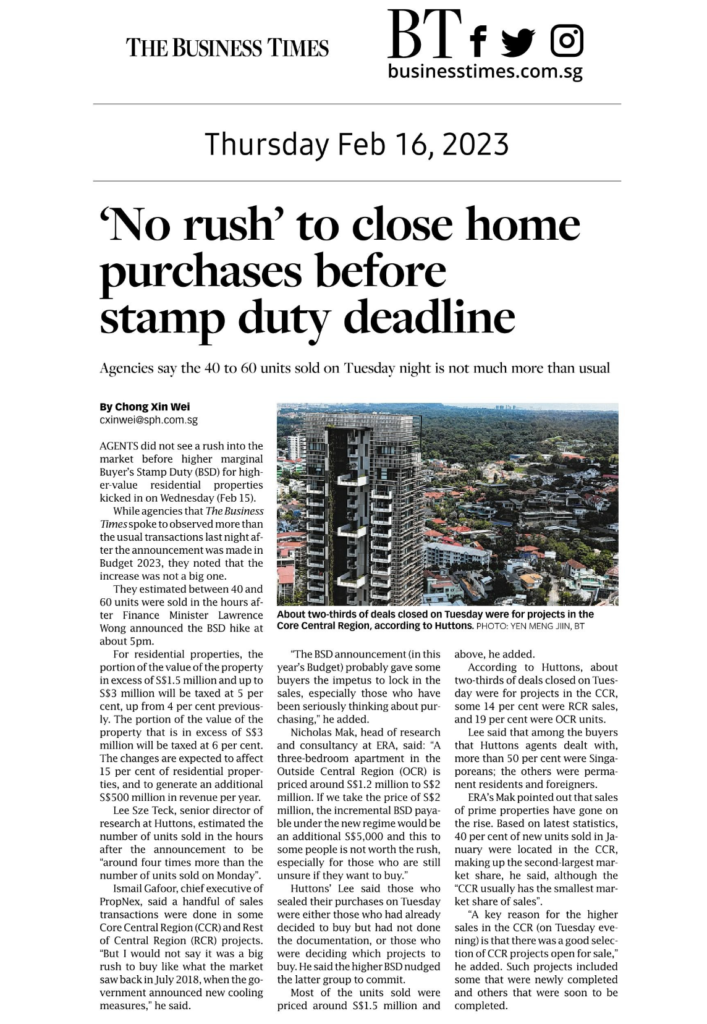
The post How the Budget 2023 May Affect HDB and Condo Buyers w.e.f 15 Feburary 2023 appeared first on Wing Tai Holdings Singapore.
]]>The post Best Property Agent in Singapore – a Myth? appeared first on Wing Tai Holdings Singapore.
]]>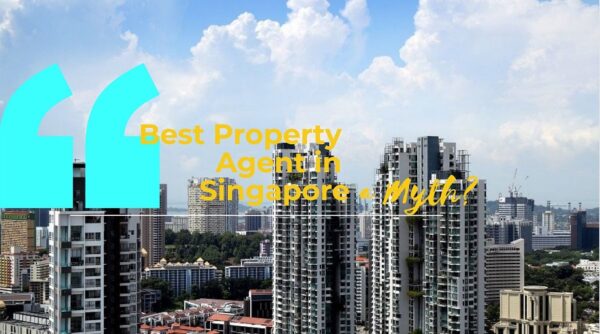
Best Property Agent in Singapore – a Myth?
Some Owners perceive the value of a Property Agent in Singapore, and all Agent is the same, and the Cheaper, the Better.
That is, in fact, not true.
Homeowners want to hire the best property agent to sell their property at the highest possible price.
They regarded the agency fees are small compared to the sale price, especially in the private property market.
A Good Property Agent that works wholeheartedly should work in the best interest of the Sellers and should be able to achieve a sale price above market valuation by at least $20,000 to $50,000.
The Agent’s chance may allow the entire sale process to take less than 30 days without necessarily reducing your price and without attracting unqualified buyers, which can save a lot of unnecessary inconveniences.
Real Estate Sellers Deserve a High Price for their Property!
Sellers always want to get the highest possible price for their house.
However, after trying to hawk their home for months on end, they may face buyers who:
-Treating your house like a show flat unit, expecting everything to be perfect.
-Property Buyers who offer you below market rate without appreciating all the work you’ve put into the house.
-Strangers who come and nitpicked about every little detail, even though they’ve only viewed your property 3-4 times.
Some people may look at many houses and never make an offer. And even if they do, their offer is much lower than the market rate.
This needs to stop!
What can be done (These are the Usual Stuffs)
We’ll work hard to sell your house for the best price possible. We’ll handle all of the paperwork and coordinate with buyers, so you can relax and know that everything is taken care of.
Video & Social Media Marketing
We use videos for marketing our properties, as they are an effective way to reach out to potential buyers in the vicinity of your properties. It allows us to connect with them and interest them in your properties before they even begin their search.
Get highly qualified buyers
We work with qualified buyers happy to pay more than your appraised value before seeing your property. It allows you to avoid wasting time and energy showing your home to people who cannot afford it.
Use Better Negotiation Power (Best Property Agent? Don’t Just Talk but Show)
The presence of a professional negotiator on your side gives you a better chance for success during the sale of your home. We use the most effective techniques to get you the best possible price for your property.
How List your Property With Wingtaiholdings.sg makes a Difference? We Goes Deeper…
If your Property No Sold? Not able to achieve fetch the price you want? Why do you need to speak to us first before deciding the price?
When we Represent Home Sellers for the Sale of Property.
- Stack Analysis.
- Neighbouring Similar Size Analysis.
- Tower View Price Analysis.
- Rental Yield Comparisons.
- Unit Facing Comparisions.
- Developer Launch Price Comparisons.
- Location Growth Potential Comparisions.
- Mcst Fees Comparision. (To Prepare the Buyer)
We have been long enough serving Property Buyers to know what they need to know to convert.
Why do You Work With Us? (Best Property Agent? For You to Find Out)
We are a team of top-rated property agents in Singapore.
- More than 200 personal sales transactions in Singapore
- Sell your property for more than market value
- No staging or renovation is necessary
- We are equipped with the power skills to represent Home Owners.
We can help you sell your property for more than its market value in less than a month without reducing the price, staging your home, or renovating it.
Most people only sell their house every 5 to 15 years.
We acknowledge that homeowners ought to get the best output from their real estate.
When a property is not selling for as much as the seller would like, it’s not doing the seller justice.
Selling their house for a price similar to their neighbour’s isn’t getting them the best return on their investment.
How We Work
(Can’t Claim to be the Best Property Agent but we are committed to Make a Difference)
FREE Consultation
First, we’ll invite you to a free consultation at your place at your convenience.
Find out your plans and goals, Providing what you need to know before selling your property.
Property Makeover (Optional)
Next, we’ll make some recommendations to make it easier for buyers to see the potential of your property.
We’ll also create professional listing and marketing materials for your property.
Finally, we’ll feature your property on all the top property portals to ensure maximum exposure for your property, including over 93% of online property buyers in Singapore who visit PropertyGuru first before searching anywhere else!
Pre-Qualify With Buyers
Our team will collect feedback from interested buyers and pre-qualify them with you so that you only meet with qualified buyers who are keen to buy.
Viewings With Potential Buyers
Then our team will arrange viewings with potential buyers and their agents at times convenient for you.
Our experienced salespersons will accompany all viewings and will guide and advise on handling these negotiations with prospective buyers and agents.
Review Your Offers
After all the viewings are done, we will collate all offers that you have received from serious buyers.
We will get you Multiple Offers to review and let you choose which offer is best for you.
Your Property Is Sold! Best Property Agent Perhaps can Get You The Price you Want?
We will draft and prepare the contract of sale with the terms and conditions in the best interest once you have selected an offer.
Results That We Have Gotten for Our Clients
82 LORONG 23 GEYLANG #06-xx: SOLD $130,000 MORE (Sold By Us April 2022)
The market price in that area was about $1,150,000.
However, We manage to sell the house for $1,280,000 more than average at $1,100,000-$1,200,000!
https://buycondo.sg/property/atrix-at-aljunied-freehold-industrial-commercial/
xx HINDEHDE PLACE: SOLD $400,000 MORE (Bought By Us April 2022)
The valuation price for the property from the majority bank was about $4,800,000.
However, the buyer does see the potential in the property; he purchases it at a higher price with further potential growth.
xx FULTON ROAD: SOLD $400,000 MORE (Sold By Us December 2021)
The last done in that area was about $4,100,000
However, We manage to sell the house for above $4,500,000.
FAQ on the New Cooling Measures
(Take Effect on 30 September 2022)
Will you be affected by the recent cooling measures?
- Singapore has just introduced new cooling measures concerning TDSR, HDB LTV, and interest rate floor.
- You should be fine if you have signed the Option to Purchase for your private property on or before 29 September 2022.
- If no OTP exists, Sales & Purchase Agreements signed on or before 29 September 2022 should be fine.
- For HDB, if your HLE application letter and Sale launch date (BTO & SOBF) were received on or before 29 September 2022 you should not be affected by the interest floor change.
A 15-month wait-out period for Private Property Owners and Private Property owners will be added for non-subsidised HDB resale flats except for older people aged 55 and above who want to downgrade to a 4-room or smaller flat for retirement.
The 30 months waiting period for subsidised HDB flats will remain unchanged.
In some exceptional cases, regardless of age, or financial difficulties, the existing private property owners looking to sell or have already sold may also approach HDB for assistance, and they will assess your situation on a case-by-case basis.
How am I affected by the Stress Test Medium Term Interest Rate and HDB Loan LTV changes?
- For those taking a bank loan, the TDSR remains at 55%.
- However, the stress test interest rate used to calculate Loan affordability for Private Residential Property will increase by 0.5% to 4% rather than 3.5%.
- The stress test interest rate used to calculate Loan affordability for Commercial Property will increase by 0.5%, to a total of 5%.
- For those buying an EC from a developer, the MSR remains at 30%.
- For those taking an HDB loan when buying an HDB, the MSR remains at 30%.
For Private Residential Property Purchase
TSDR Interest Calculation from 3.5% to 4%
For those taking a bank loan for private residential property,
Using an example to help you gauge the impact, we use the following assumptions.
Household income: $10,000.
Borrower’s Age: 35, Max 30 years tenure.
Under the current 55% TDSR rule, if you do not have outstanding loans, your total mortgage can only go up to $5,500 a month.
Previously under the 3.5% interest rate used for TDSR calculation, the Loan quantum was $1,224,822.
Now after the 0.5% raise to 4%, the Loan quantum is $1,152,037. This is around a 5.94% reduction in loan quantum. (Just for this application)
For HDB Residential Property Purchase
Change of HDB Loan Stress test Interest Rate from 2.6% to 3%
HDB Loan rates still remain at 0.1% + CPF OA rate = 2.6%
For HDB housing loans would be based on 80% LTV. (From 85% previous)
For HDB Bank Loan, it would be based on 75% LTV.
This example is for those buying an HDB or taking an HDB loan,
Under the current 30% MSR rule,
Household income: $10,000.
Borrower’s Age: 35, Max 25 years tenure.
Previously under 2.6% interest rate for MSR Calculation would mean an HDB LOAN quantum of ~$661K.
After an increase to 3% interest rate used for MSR Calculation, HDB LOAN quantum of ~$632K.
This is around a 4.33% reduction in loan quantum. (Note: This % reduction varies with loan tenure, etc.)
Change of HDB Loan LTV from 85% to 80%
Assuming a 600K HDB flat,
Previously with LTV 85%, it would mean a Loan quantum of up to 510K
Now with an LTV of 80%, would mean a Loan quantum of up to 480K
*Subject to TDSR/MSR.
How does the wait-out period of 15 months for private residential property owners (PPOs) and ex-PPOs to buy a non-subsidised HDB resale flat impact me if I’m below 55 years old?
Suppose you have sold your current private property or are marketing your private property and planning to move into an HDB.
FAQ for Home Sellers.
I’m Under an Exclusive Agreement with an Agent. Can You Help?
If the Agent fails to deliver to the expectations, we can assist you in finding a suitable agent, or where you have found your ideal property, we can negotiate with the seller’s agent.
What’s the average selling time to sell my home?
As fast as 1 day to 3 months to sell a unit.
However, based on our current sales figures, the average time to find a buyer is about 1.5 months.
How will a real estate agent help me sell my home?
The best reason to sell through an agent is their ability to expose your home to more potential buyers. They have access to multiple listing services and other online resources, and databases, enabling them to reach thousands of potential buyers.
An experienced agent can help price the home right, advise on repairs and improvements that will enhance the value, and be there, from negotiating offers to overseeing inspections and closing details.
Due to the recent measures, let us take care of the concerns if any:
- Loan Affordability calculations adjusted,
- timeline for sale and subsequent purchase,
- and options for your next place of residence.
If you are affected by the recent cooling measures and need to adjust your property journey to navigate these harsh macroeconomic conditions appropriately.
We have the right mechanisms to help you determine the loan quantum you may be eligible for.
How To Sell Your Condo Fast In 2023
The post Best Property Agent in Singapore – a Myth? appeared first on Wing Tai Holdings Singapore.
]]>